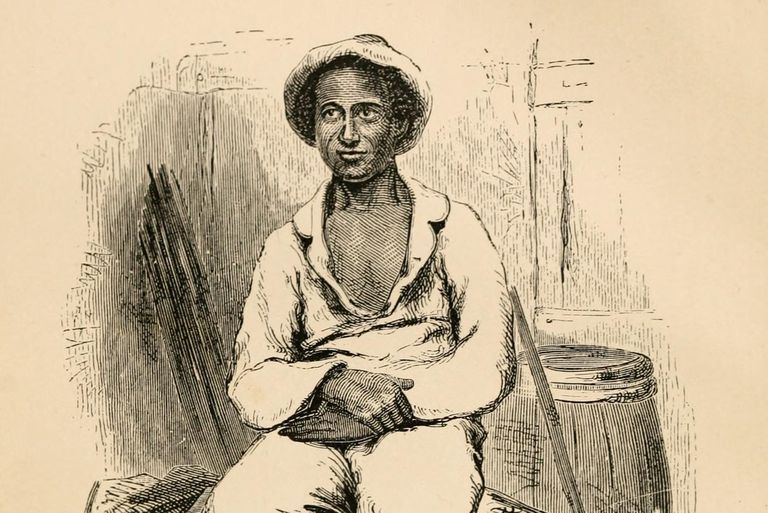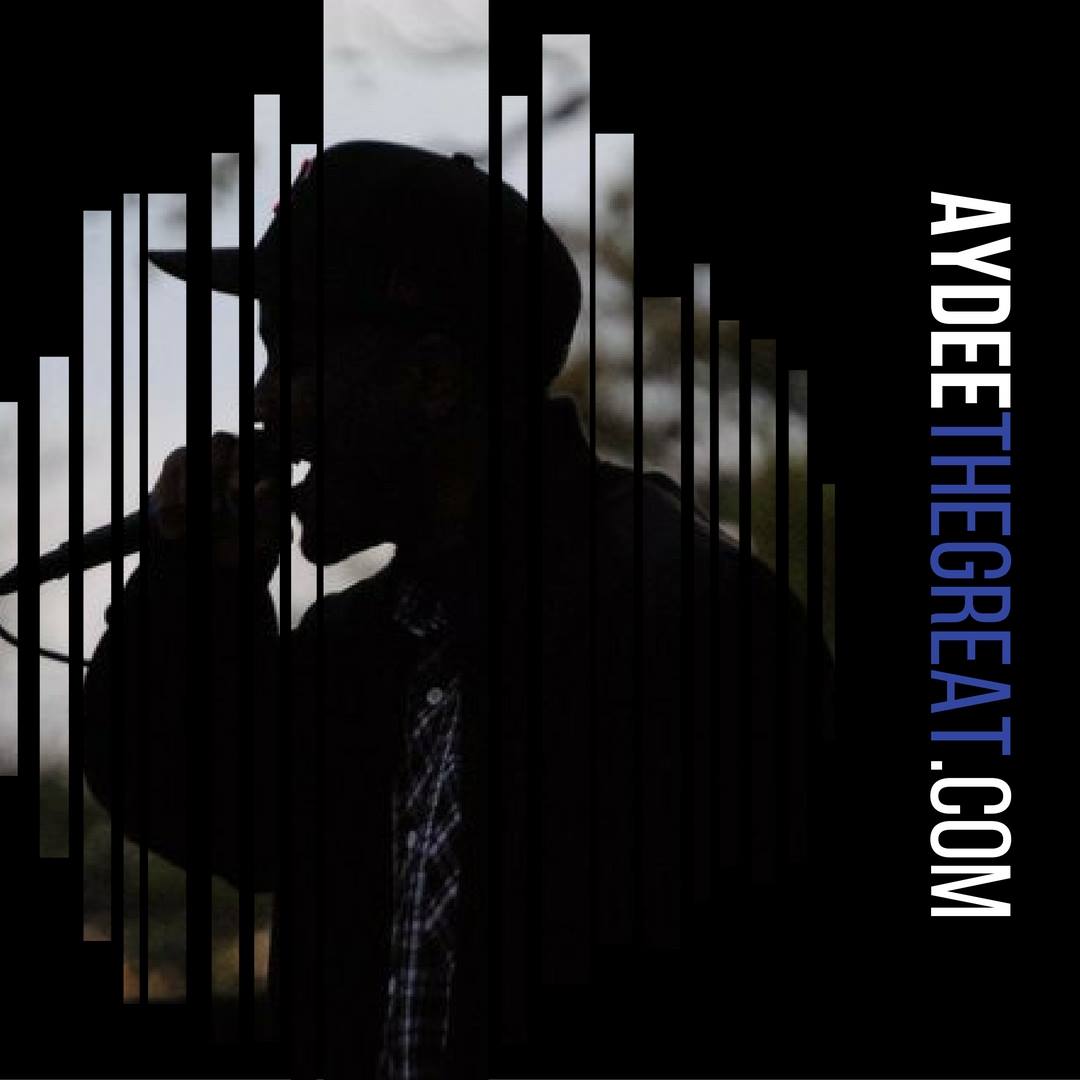
08 Oct Flashes Of Lightning Across The Ceiling
I’ve been thinking a lot about “Talking to Ghosts.”
It’s a song I’m constantly reminded of, actually. For me, it connects memories from many different points in my life—childhood at my grandmother’s home in southern Illinois, growing up in central Illinois, living on the Calhoun plantation as a doctoral student at Clemson in South Carolina, and now living in Charlottesville, Virginia. It has a way of reminding me of relationships to people past, the people I bring into the room with me, who seem to feel most present with me when I’m onstage.
Each verse ends with a question followed by samples from the film 12 Years a Slave. In the film, it’s Solomon Northup’s acceptance of a job offer that creates the conditions for his eventual captors to drug him and then sell him into slavery. He is a musician – a violinist – and they convince him of the lucrative potential in the spectacle of the performance of Black “creatures” like him, the likes of which “civilized men” have never witnessed. His agreement to the terms, the exchange of his performance for whatever “civilized men” are willing to pay, is the beginning, again, of a familiar story. I watched the film shortly after it opened. I had recently moved from Illinois to South Carolina. I hadn’t accepted a job offer, but I was there to work. I am a musician – a rapper – convinced of the potential of the work I perform even though most of it happens inside or in close proximity to predominantly (and historically) white spaces. Two facts, that the university was the former plantation of John C. Calhoun and the plantation house was still open to the public, should not have been as surprising as they were. This information would have been found with a cursory internet search before I agreed to move, as it was after I’d settled into my apartment about a mile and a half from the house. I wrote “Talking to Ghosts” in that apartment down the street from that plantation house.
When my brother and I talk about our time living with our grandmother, it’s with a nostalgia that can only really exist on the other side of time and geographic distance. Memory is tricky that way. We both know we would never want to relive those days, but our conversations about the time we lived there is generally marked by much more laughter and good humor than we ever had living the experiences. We certainly had some good times, but the conversations we laugh through are usually about traumatic incidents we can’t believe we actually lived through.
We also talk a lot about work. It’s probably more honest to say we complain to each other. On a recent call I tell him about the heavy feeling I had after performing at this old theater in Charlottesville. I don’t know much about The Paramount, but I do know it used to be segregated. The fourth paragraph on its website’s ‘history’ page is dedicated to this fact. I know that both that fact and the theater are part of the history of the city of Charlottesville, the state of Virginia, the American South, and the United States. If memory is tricky, histories are more so because of their reliance upon, and often creation of, memory. During a writing workshop this summer, a question was posed to the group gathered around the table: Who do you bring into the room with you? My answer was typical, I think. My family, of course—my grandmothers, my mother, my siblings, their children. The combined presence of the people I bring into a room with me alongside the histories of that theater might have been that heaviness I felt.
I performed, without music, before the keynote address, which was titled “Claiming Your Power: American Racism, the Alt-Right, and Radical Resistance.” My opening line:
“They want rap, not a tap dance minstrel show,
so they can’t help but wanna follow where my pencil go.”
In the next line I speak of being like the ghost of older music trapped inside a stereo.
That line is definitely related to what’s on my mind as I talk to my brother, but it isn’t what I keep thinking about after the performance.
In the first verse of “Talking to Ghosts” I say something about writing flashes of lightning across the ceiling.
That is the image that always comes to mind.
That’s what sticks with me.
That’s what I’m thinking about.
One of our older cousins was killed when we lived with our grandma. For whatever reasons, many of us kids couldn’t attend. We stayed at the house. But while the funeral was happening we swore his spirit was with us in the house, teasing us, perhaps, because of the ways we used to tease him. We remember it being the loving taunting by children of an adult who indulged us. He could never really retaliate because he was grown and we were children. But he would do sly things, stuff other adults never really perceived, to get back at us. We thought it only made sense he’d fuck with us kids at the house while everyone else was at the church. We heard knocks in the laundry room. In other empty rooms there were loud taps on windows. Outside there were weird changes in the weather. All these things, in our minds, were only explainable as him telling us he was there. Surprisingly, or maybe remarkably unsurprising, none of us kids had to be convinced that this was the most logical conclusion. Family never really left us for good. Some were more insistent in their reminding us of their presence.
I’ve only ever performed the song once, at another Charlottesville venue called The Southern. I’m convinced the entire room felt the weight I’m describing that evening, if for no other reason but to have to decide where to focus their attention: on my last echoed question, “What are you?” or the interrogation and beating of Solomon that follows, the music gradually fading as his chains drag across the floor, the violent yelling of his captor, or Solomon’s final reply to his question, “Are you a slave?” The song ends with Solomon’s “No.”
No.



No Comments